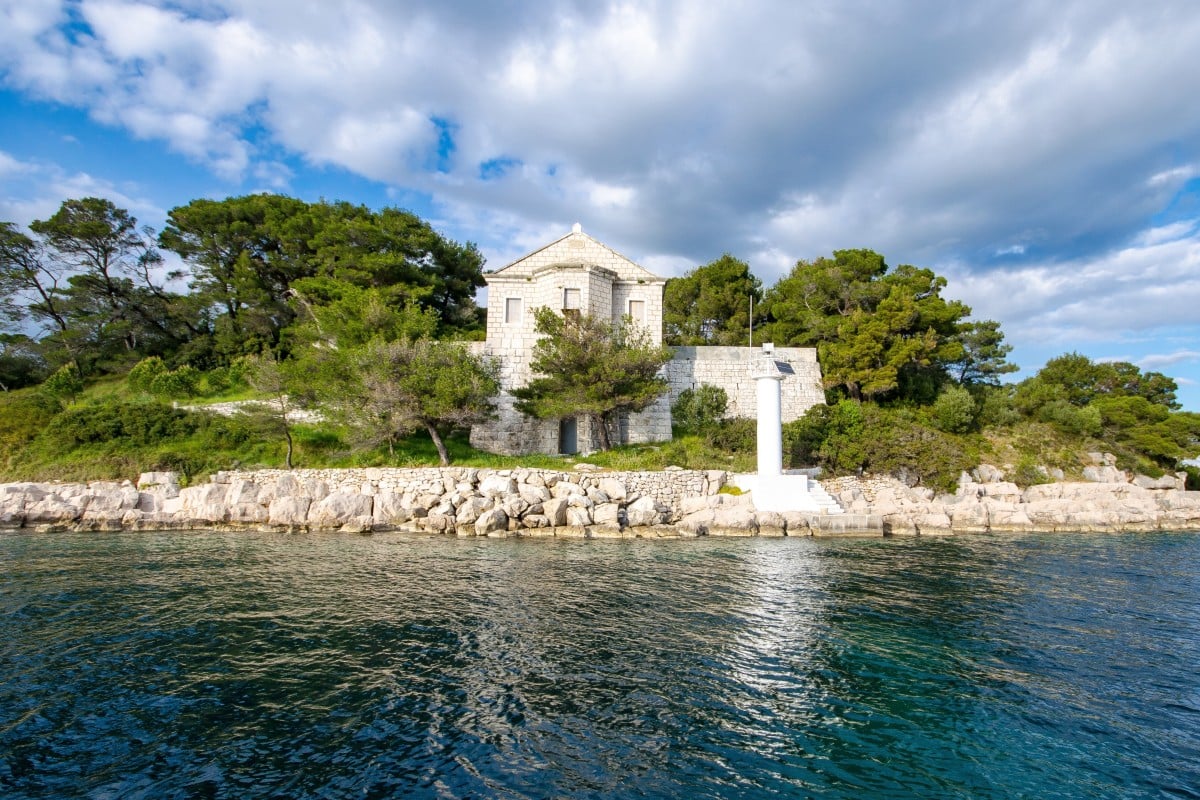
They may be lacking in the white powdery sand and swaying palm trees of tropical Asia and the Caribbean, but private islands in temperate Europe are blessed with treasures of their own.
An island-lover could spend years exploring a constellation of water-bound properties for sale in the region, including forested havens in seas, lakes or rivers, with views of mountain ranges or rolling green hills.
Among them are rocky Scottish islets, home to seabirds and buffeted by crashing waves, and Italian oases of peace and serenity. Also on the market are historic Irish islands and more isolated properties scattered throughout the wilderness in Scandinavia. Best of all, they do not have to be mind-bogglingly expensive.
With a footprint of 2.5 hectares (6.1 acres), the pristine island of Martinsaari is in the heart of Finland’s lake district. The area is dotted with green islets rising out of clear waters, appealing to nature lovers looking for a quiet retreat and longing to escape the everyday stresses of the rat race, without sacrificing their comfort.
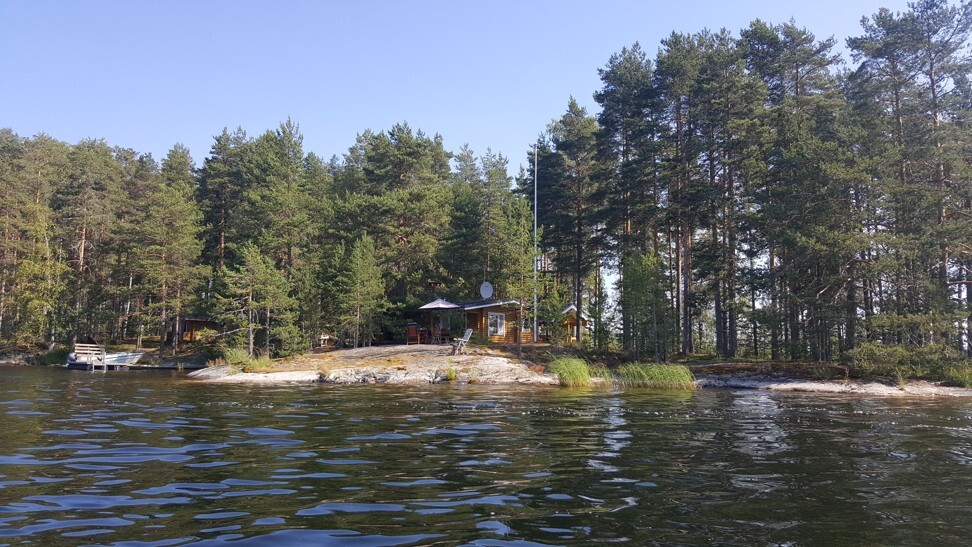
Tall trees surround the island’s typical Finnish wooden mökki cabin and veranda. The main home is set alongside a guest lodge and additional storage rooms, with a combined living space of 160 square metres (1,700 square feet), and equipped with running water and an electricity supply. It’s not far from the picturesque town of Savonlinna; a 25-minute drive followed by a boat trip, and, surprisingly, it is on offer for just €490,000 (US$535,000).
Real estate agency Vladi Private Islands is handling the sale of Martinsaari and of other alluring European islands in Sweden, Norway, Ireland, the UK, Greece and Italy. Some are undeveloped and wild, while others already have a home of some sort.
Also in Finland, the tiny islet of Salonpaa, with a cottage and sauna, is on the market for €96,000, while the larger Engelsoy island in Norway, a former bird sanctuary, has a price tag of €5 million.
Buyers are drawn to the idea of owning a tranquil place to call their own for a variety of reasons: to fulfil a personal dream, use as a summer or weekend escape, or to make an investment by turning it into a hotel or luxury resort.
According to the estate agency’s founder, Farhad Vladi, it all comes down to one ultimate desire: the pursuit of control in an ever-changing world, with its threats and commotion.
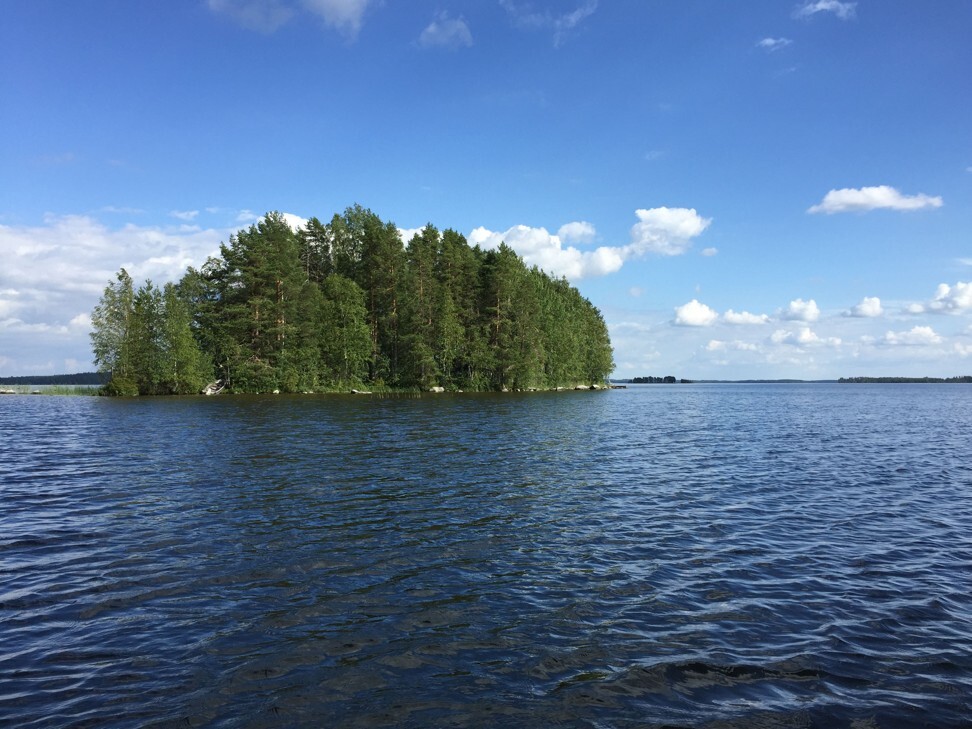
“Other than the utmost freedom, the most appealing aspect of owning a private island is that it offers total control over what you sees around you in the surroundings, where the only sovereign to take into account is pristine Mother Nature,” Vladi says.
Natural locations allow buyers to fully enjoy what their purchase has to offer, he says – to spend time outdoors in an open space all of their own, enjoy water sports, revel in the scenery and vegetation, and relax in total peace. Private spots surrounded by water also provide a feeling of security and protection.
At this moment in time, amid the global coronavirus pandemic, a private island could also be the safest means of escape, Vladi says.
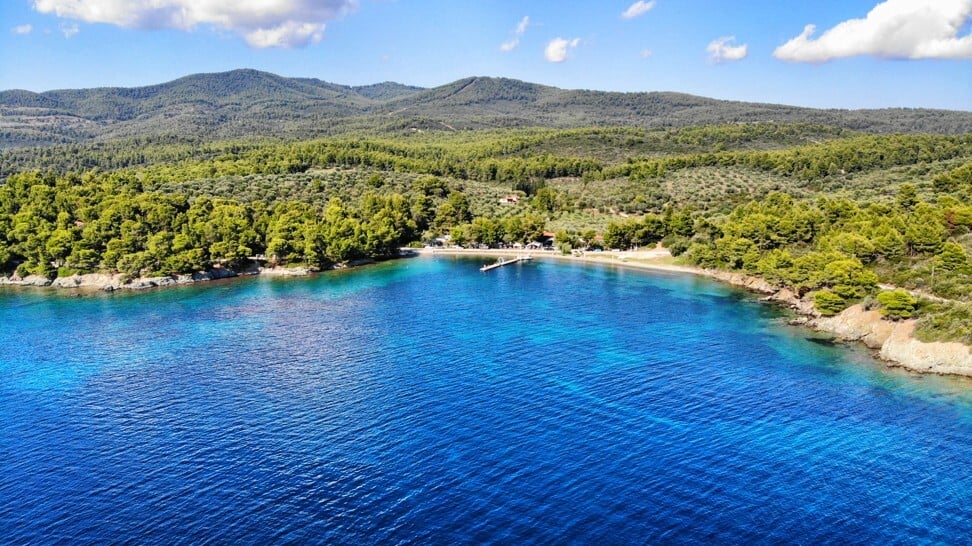
“It’s the perfect retreat. You have a feeling nothing can happen to you, that nothing can reach you,” he says. “Even neighbours don’t exist.”
So where is the glamour in owning a private islet in Europe, as opposed to other parts of the world?
Islands in Scandinavia appeal for their dramatic scenery, waterfalls, fiords and maybe even colourful rainbow skies set ablaze by the aurora borealis, or Northern Lights.
Farther south, the private isle of Santa Maria, marketed by Vladi’s company, is in Sicily’s stunning Stagnone Lagoon and surrounded by Phoenician ruins and picturesque salt mills.
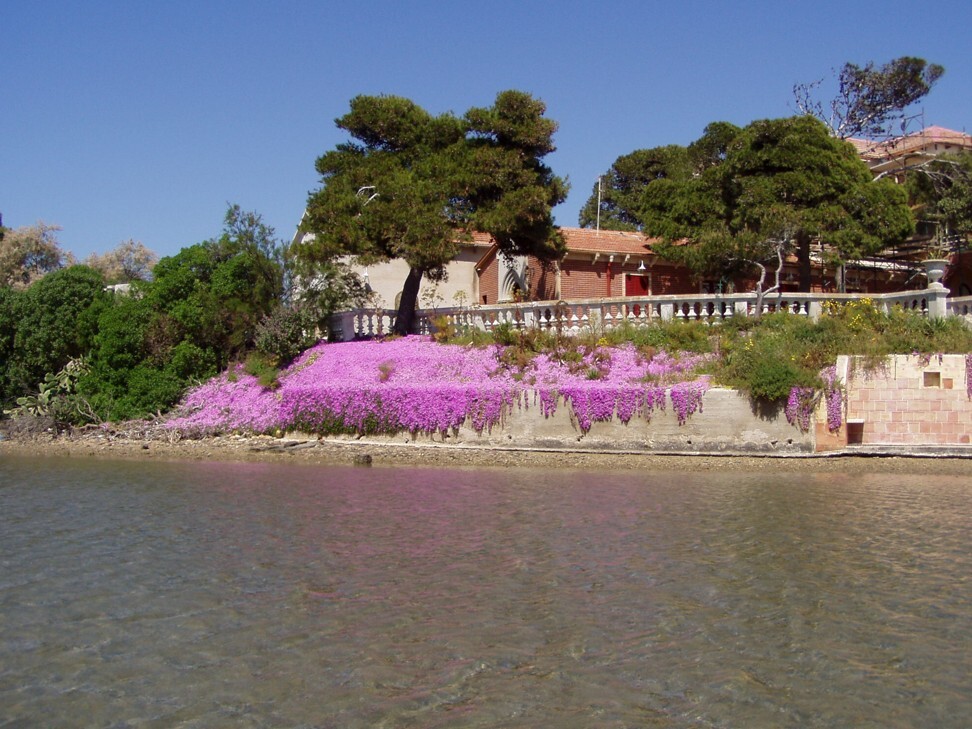
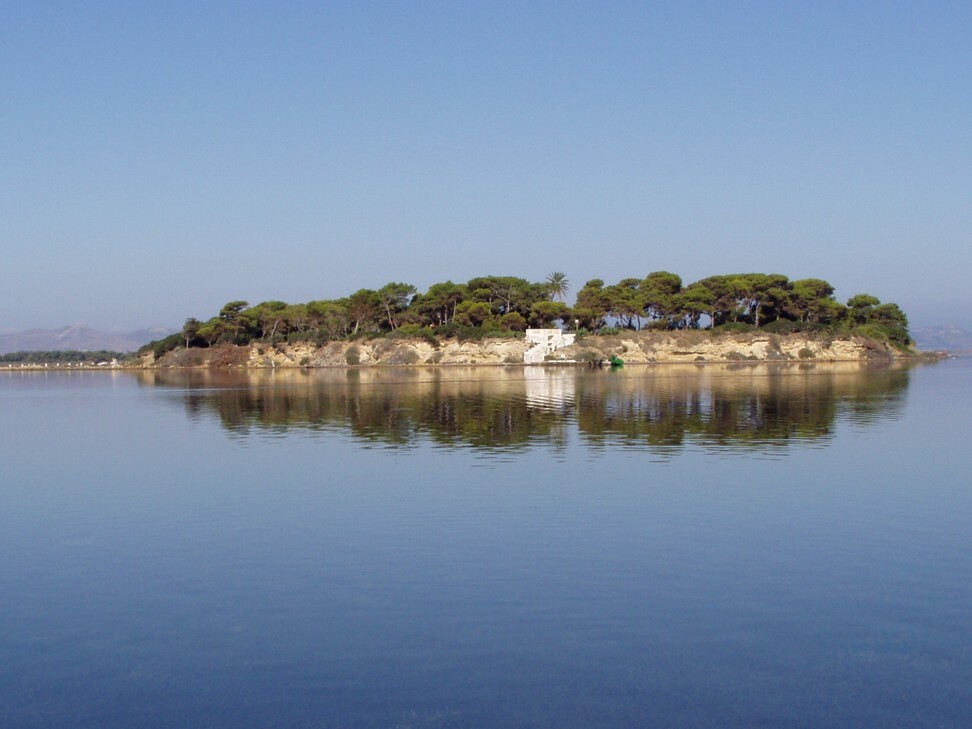
It boasts a 460-square-metre Belle Époque mansion with a small Renaissance chapel. The serene island is in an archaeological zone, and Santa Maria’s owners will enjoy unique bright pinkish sunsets. But the price is high, at €17 million.
The coronavirus pandemic could soon trigger a drop in the price of private islands in the Mediterranean, however.
“If things keep going south and the situation worsens, sooner or later islands in places like Greece and Italy could become really, really cheap with almost bargain prices,” says Angelo Amorico, founder of leading luxury travel agency Access Italy.
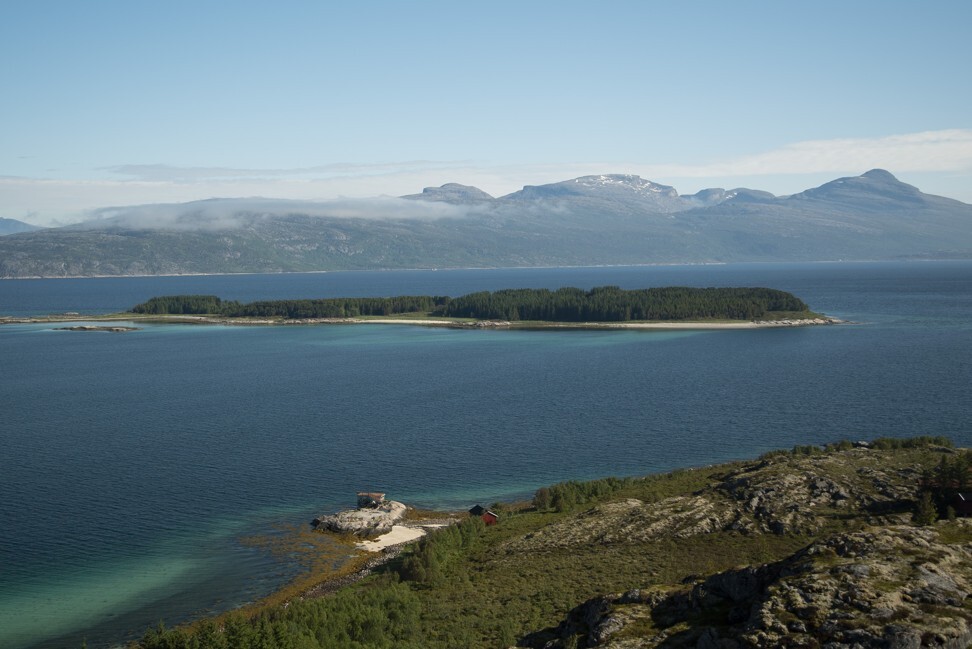
In recent years Vladi has registered an increased interest in private islands from potential Chinese clients in Europe, with one Chinese entrepreneur buying one in Scotland on which to build a hotel.
“Chinese clients are very intelligent. They tend to buy an island to make money, either by building resorts or renting out the place, or parts of it,” he says.
“They want to see a return on their investment; that’s the main appeal to them. They seldom buy a private island just to lazily sit in a chair and enjoy the sun. Chinese also tend to purchase something very small or cheap.”

Red tape and bureaucracy can be deal-breakers, though. According to Chris Krolow, founder and CEO of Private Islands Inc, a global marketplace dedicated exclusively to island properties, cumbersome bureaucracy tends to slow down development on islands and scare away investors, especially Asian, and particularly Chinese, buyers.
“Chinese clients have very specific requirements. They usually want freehold private islands that are turn-key, ready to go, possibly at the best prices, and where they can see the finish line of their investment,” Krolow says.
“They have little appetite for uncertainty or time for development plans.”
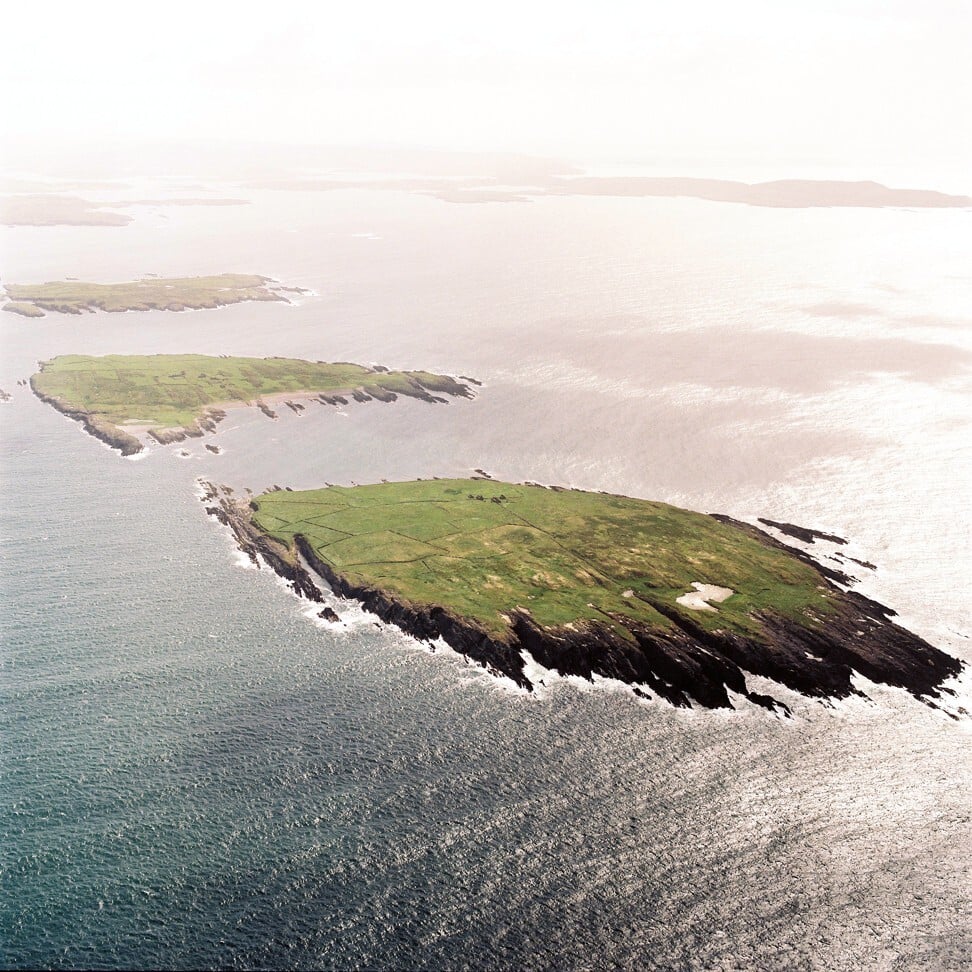
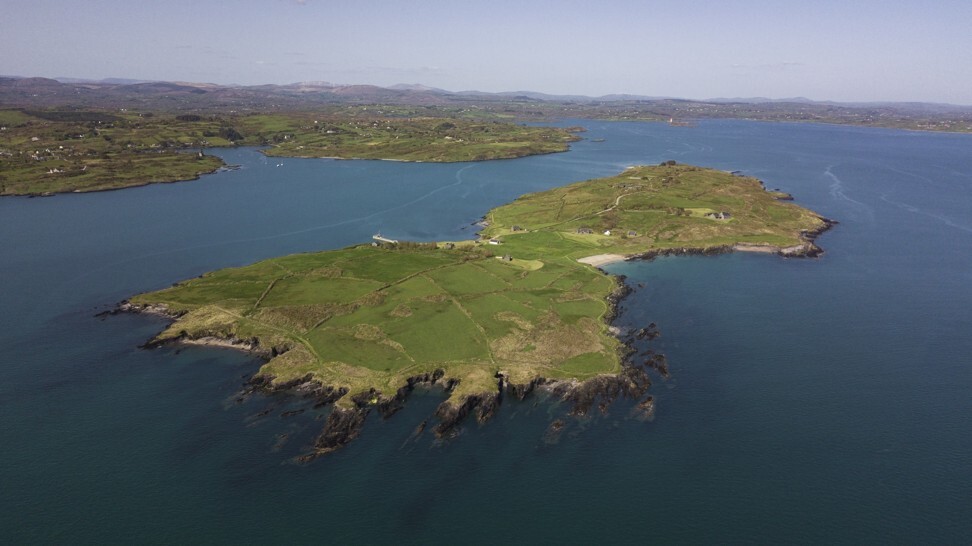
In his 22 years in the business, Krolow, who owns several islands himself, says he has had Hong Kong buyers and mainland Chinese clients island-hopping to see the properties he handles for both rent and sale.
Among those for sale in northern Europe through Krolow’s company is West Calf Island in Ireland, a developed freehold property promoted as a top site for anglers and featuring crumbling farmhouses in need of renovation. There is also Horse Island, off Ireland’s West Cork coast. It spans 63.5 hectares and has a fully renovated village set next to the quaint ruins of an old mining hamlet.
Then there is wild Cerboli island in Italy’s Tuscan archipelago (just over four hectares for €4 million), and six-hectare Bijela isle in Croatia with a 140-square-metre waterfront castle – price on request for interested buyers.
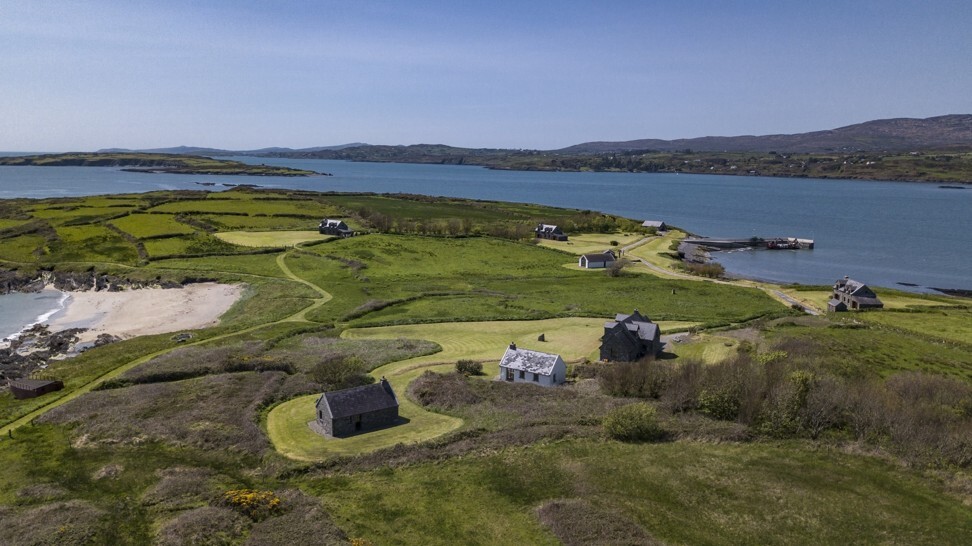
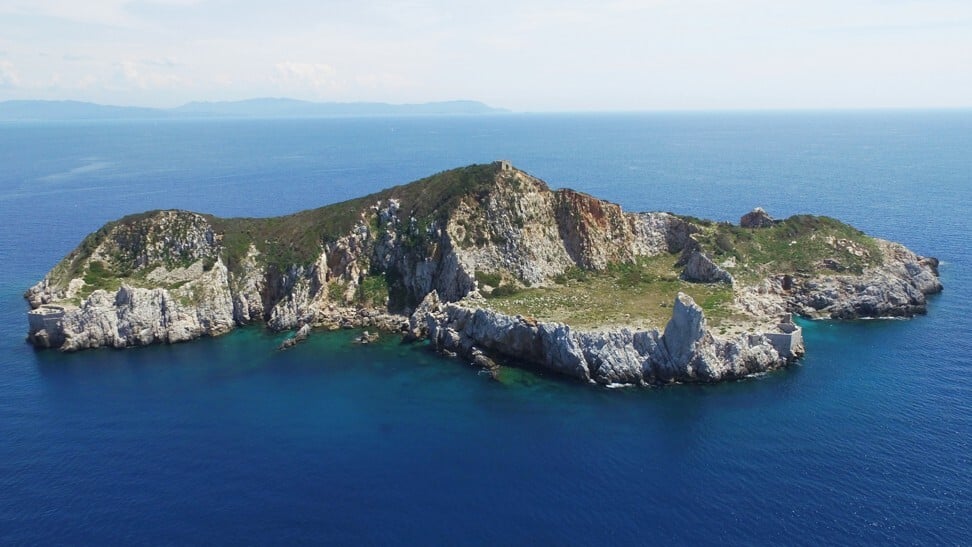
According to Krolow, there is a long line of people worldwide yearning to own a private island. They have different tastes; some have either a specific target in mind, while others are chasing a dream development project, and it can take years for them to find the ideal fit.
Although a fully developed island works for some clients, such buys are a hard sell for those wishing “to leave their footprint and shape the place according to their personality and vision”, says Krolow, even though building on an untouched island often takes a great deal of time and effort in acquiring the necessary environmental approvals.
Regardless of their desirability, Carlo Fei, an international consultant in the fields of luxury, brand strategy and experiential marketing, says the coronavirus emergency could prompt the world’s ultra-rich, particularly Russians and Chinese, to reconsider how they spend their wealth.

“People want an island just like they long for a yacht, and it’s a race between who has the biggest and most beautiful one,” he says. “The end goal is self-affirmation, which can be enhanced by owning a very expensive island.”
Fei hopes the horrors of the coronavirus pandemic will encourage the world’s elite to see their “frenetic race to accumulate wealth” in a new light.
But buying a private island simply to escape the virus might just be wishful thinking.







